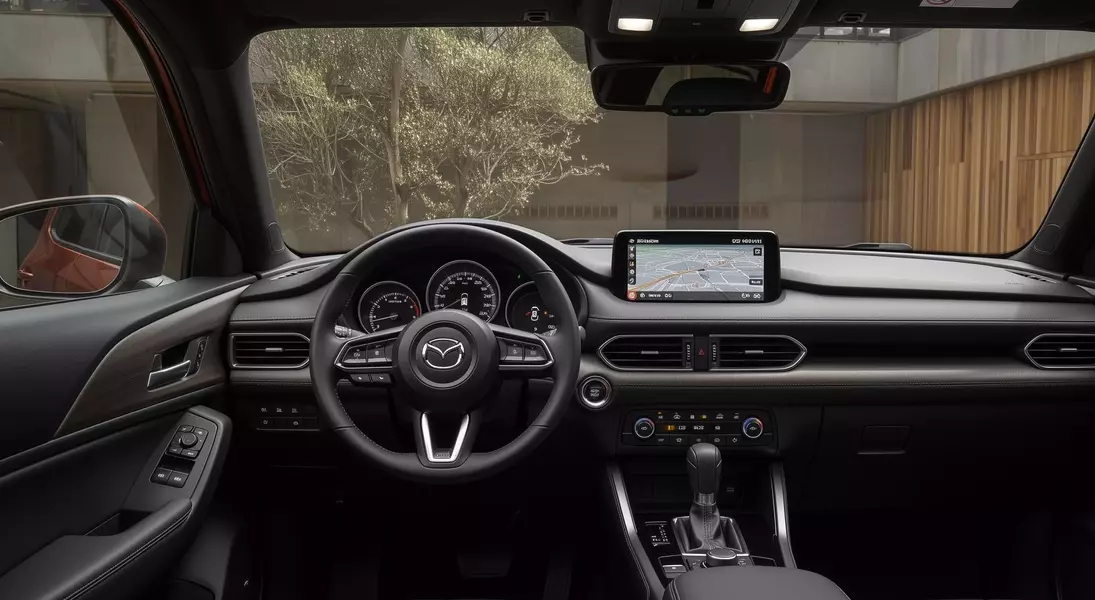
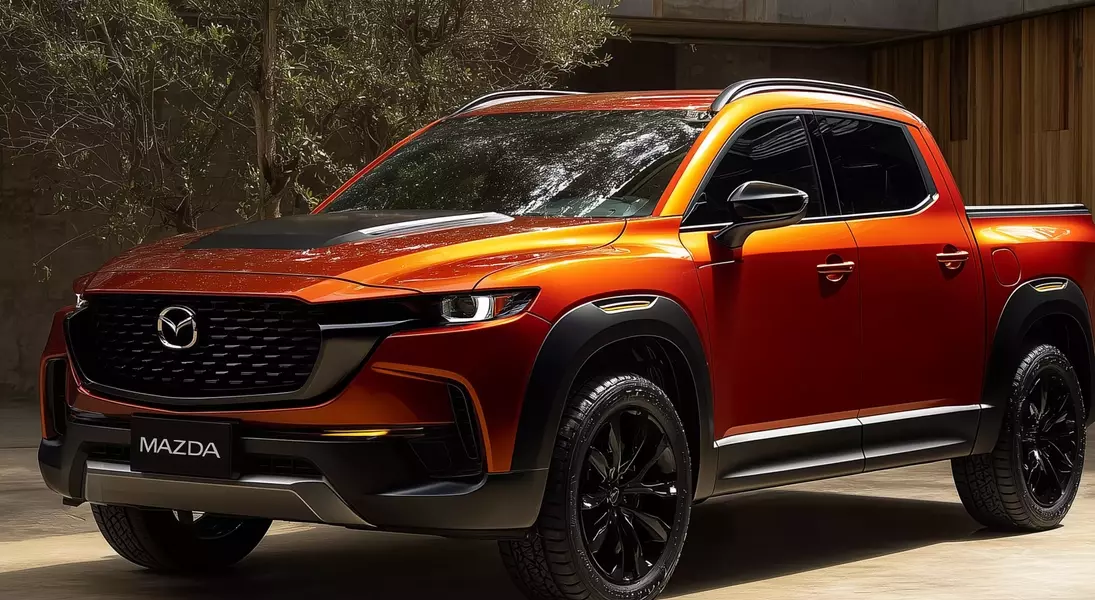
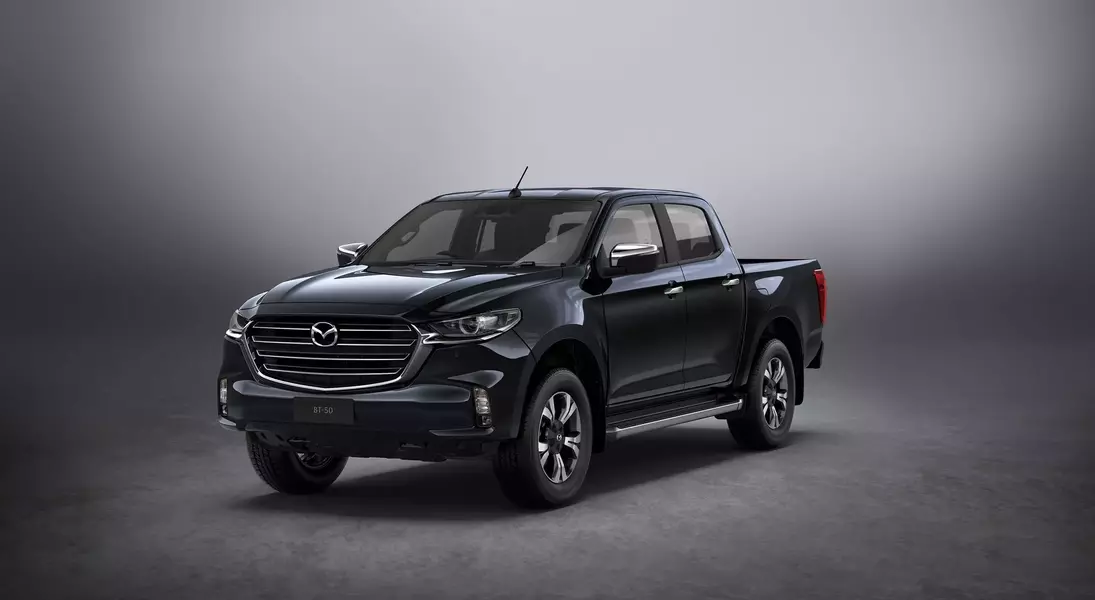
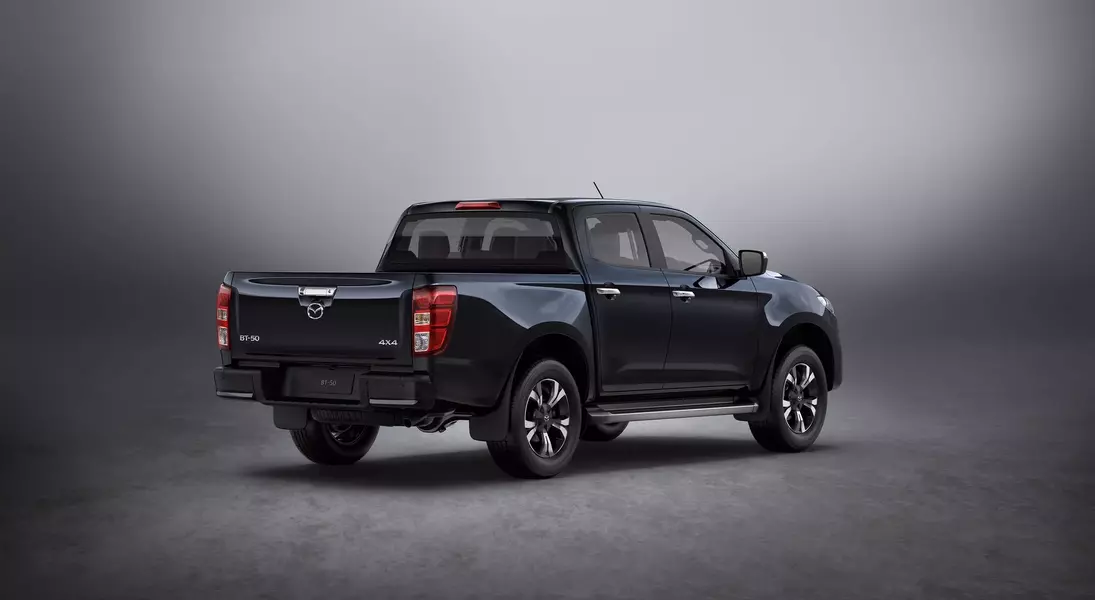
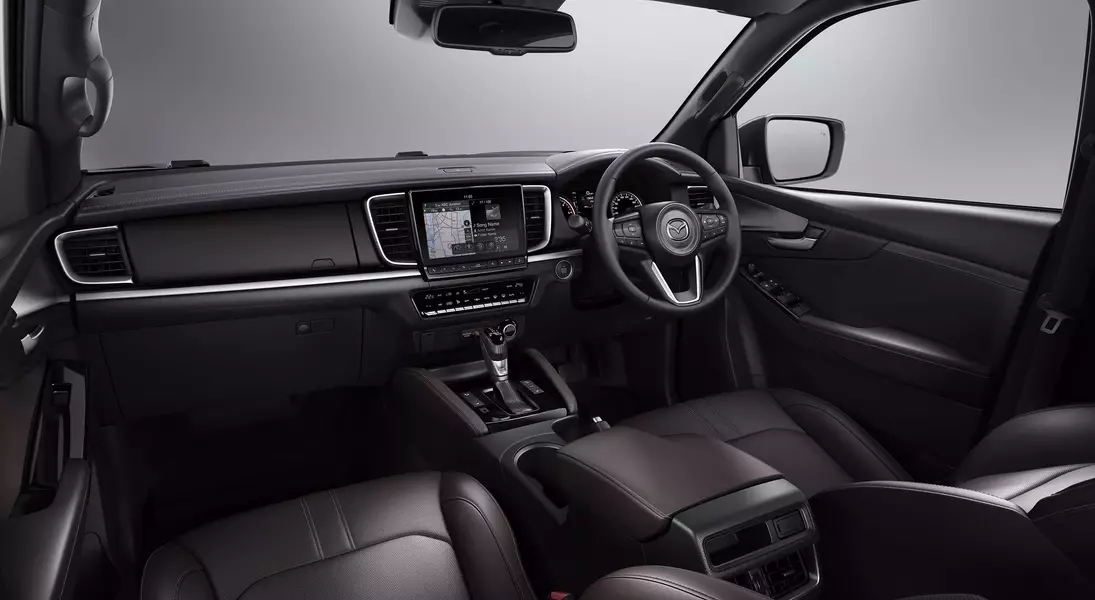
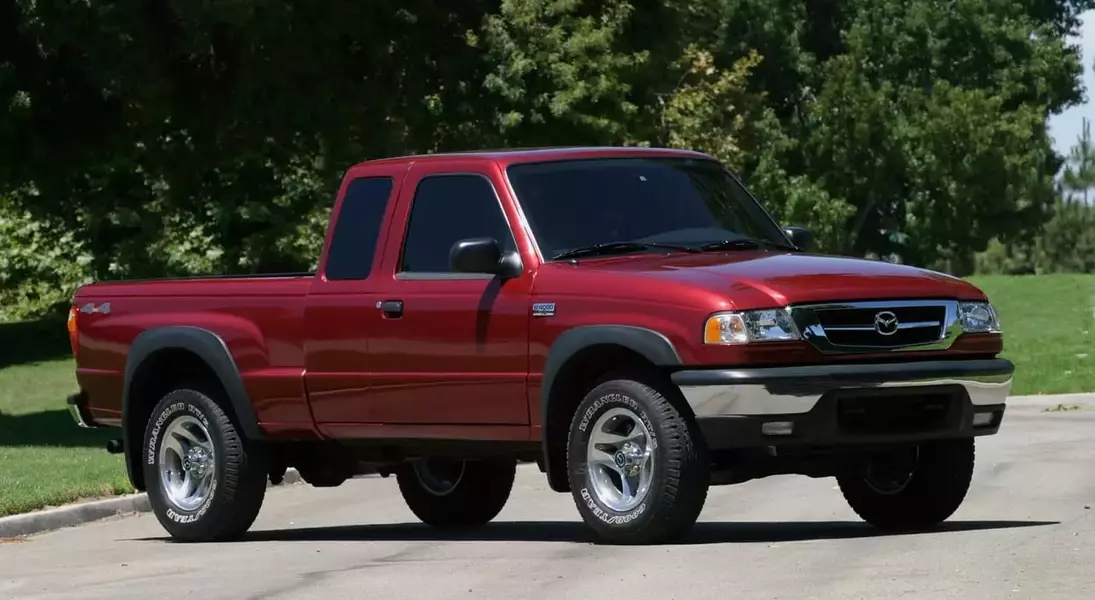
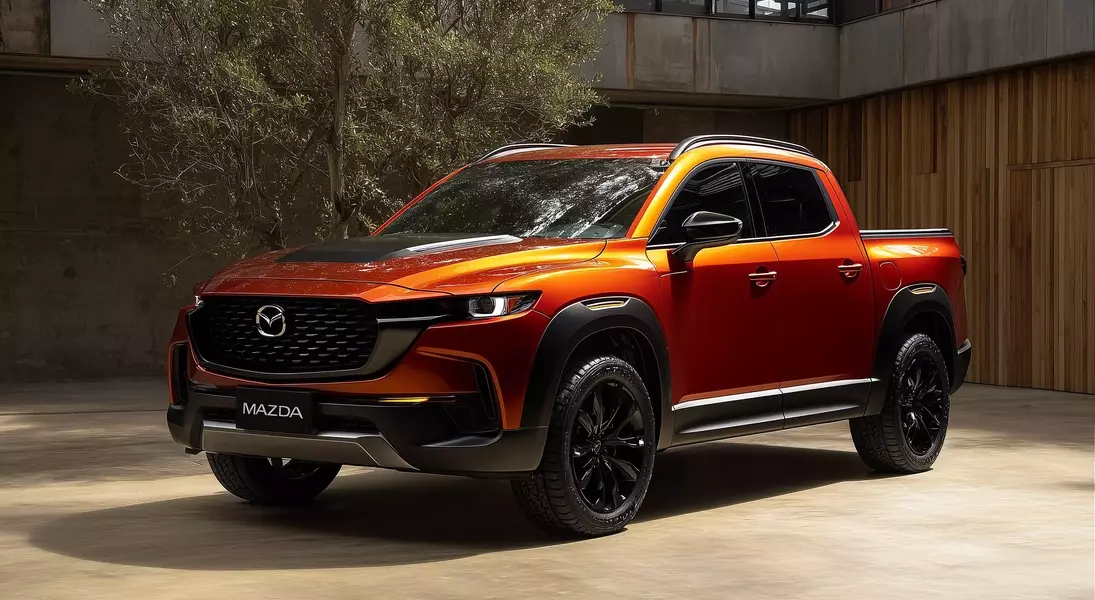
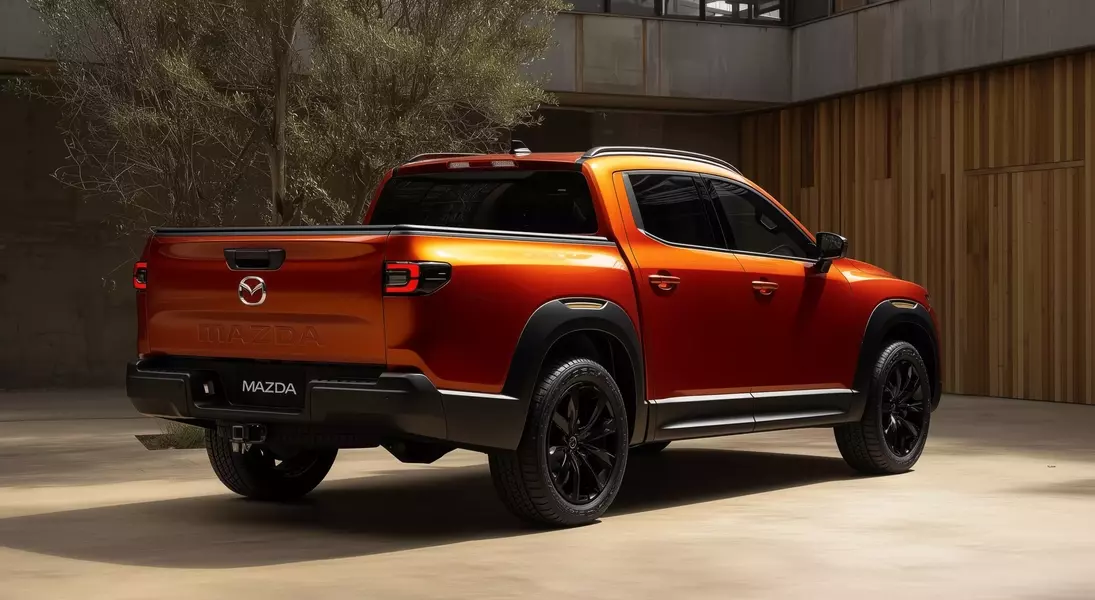


This analysis delves into the feasibility and potential appearance of a resurrected compact pickup truck from Mazda. Drawing inspiration from the brand's successful past in the North American pickup market with the B-Series, the article envisions a modern iteration that could leverage Mazda's current vehicle architectures and diverse powertrain options to compete in a rapidly expanding segment.
The Potential Return of Mazda's Compact Pickup: A Detailed Analysis
Mazda has a rich history in the North American light truck market, notably with its B-Series pickup, which, while a re-engineered Ford Ranger, garnered significant acclaim for customer satisfaction and reliability in the 1990s and 2000s. Since 2009, North American consumers have been without a Mazda pickup. Globally, Mazda continues to offer the BT-50, a robust mid-size pickup, but trade restrictions prevent its entry into the U.S. and Canadian markets. However, a compelling argument exists for Mazda to re-enter the North American small truck arena, not with the BT-50, but with a new, distinct compact model. Utilizing generative AI and image manipulation software, conceptual designs have been created to illustrate what a modern Mazda compact pickup might look like.
This speculative new pickup could be built upon the versatile platform of the Mazda CX-50. This foundation would allow the truck to offer enhanced ruggedness and utility compared to the CX-50, while retaining its established and efficient powertrains. The CX-50 currently provides both front-wheel drive and all-wheel drive configurations, mirroring the offerings of popular compact trucks like the Ford Maverick. Engine choices include a 186-horsepower naturally aspirated 2.5-liter SKYACTIV-G four-cylinder, a more potent 250-horsepower turbocharged 2.5-liter SKYACTIV-G engine delivering up to 320 lb-ft of torque, and a hybrid variant utilizing Toyota's battery technology, producing a combined 219 horsepower. This hybrid option would directly rival the Ford Maverick Hybrid. The CX-50's proven all-wheel-drive system already demonstrates impressive performance on light off-road trails and maintains excellent traction in everyday driving, a blend of functionality and practicality that has greatly contributed to the success of competitors like the Ford Maverick. Mazda possesses the engineering prowess and market understanding to develop a competitive offering that could capture a significant share of this segment.
The reintroduction of a compact pickup would offer a refreshing addition to Mazda's current vehicle portfolio, which has largely shifted towards crossovers, with the Mazda3 and MX-5 being notable exceptions. Such a move would diversify Mazda's product lineup without necessitating the development of entirely new platforms or powertrains, making it a strategically sound decision. Tapping into the highly popular compact truck market would undoubtedly attract a new demographic of buyers and allow Mazda to showcase its innovative platforms and engines in a versatile and demanded vehicle category.
